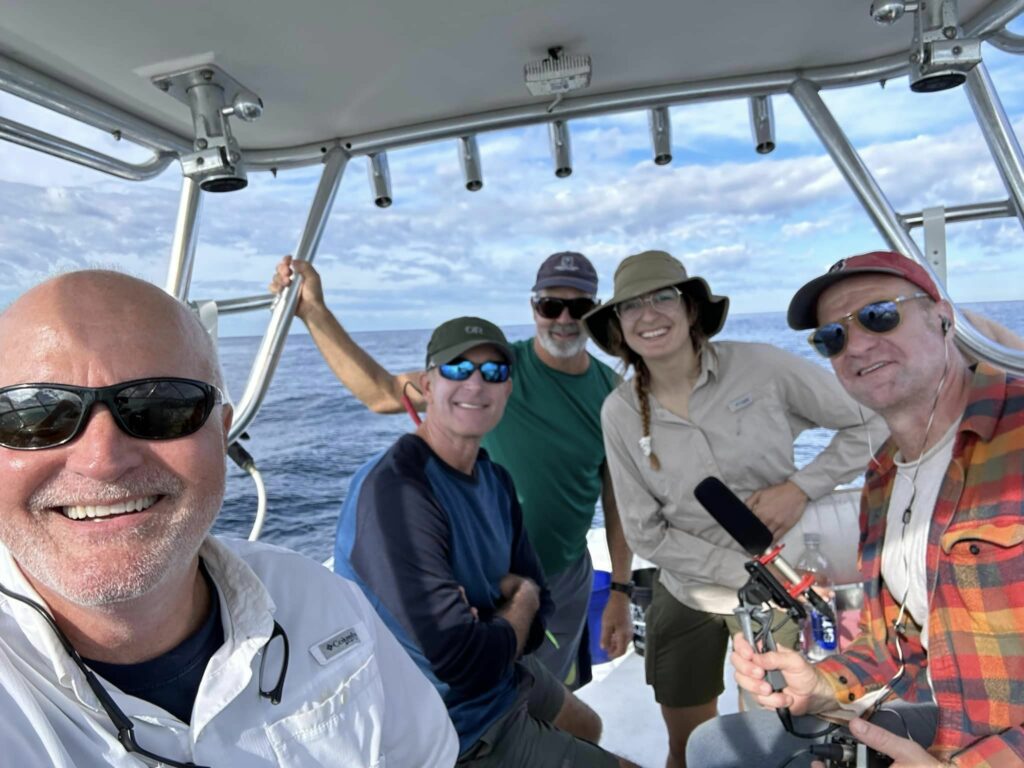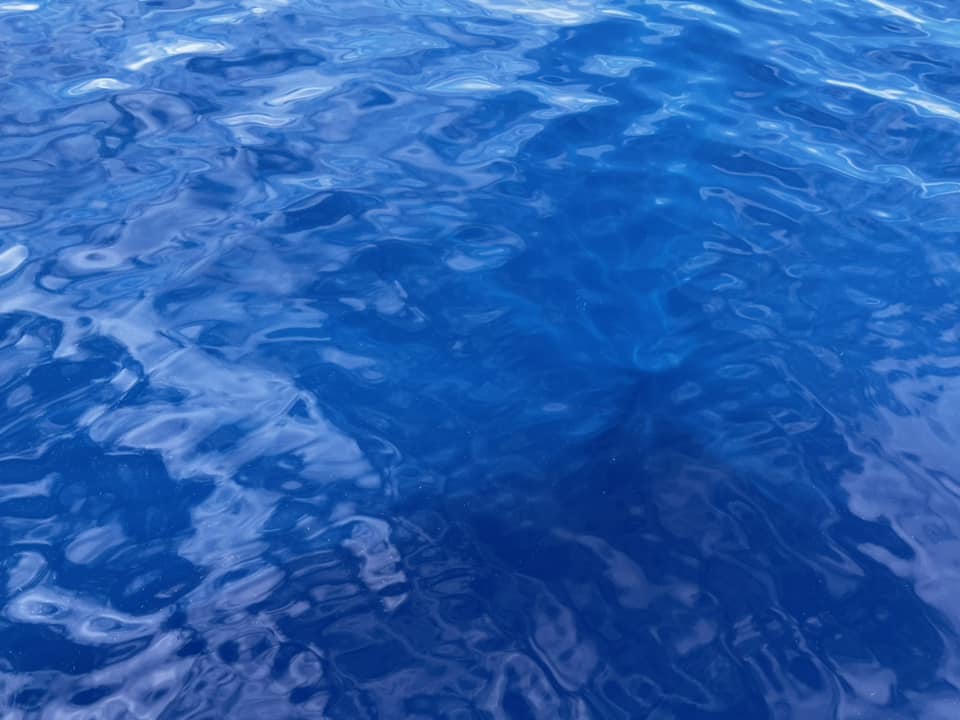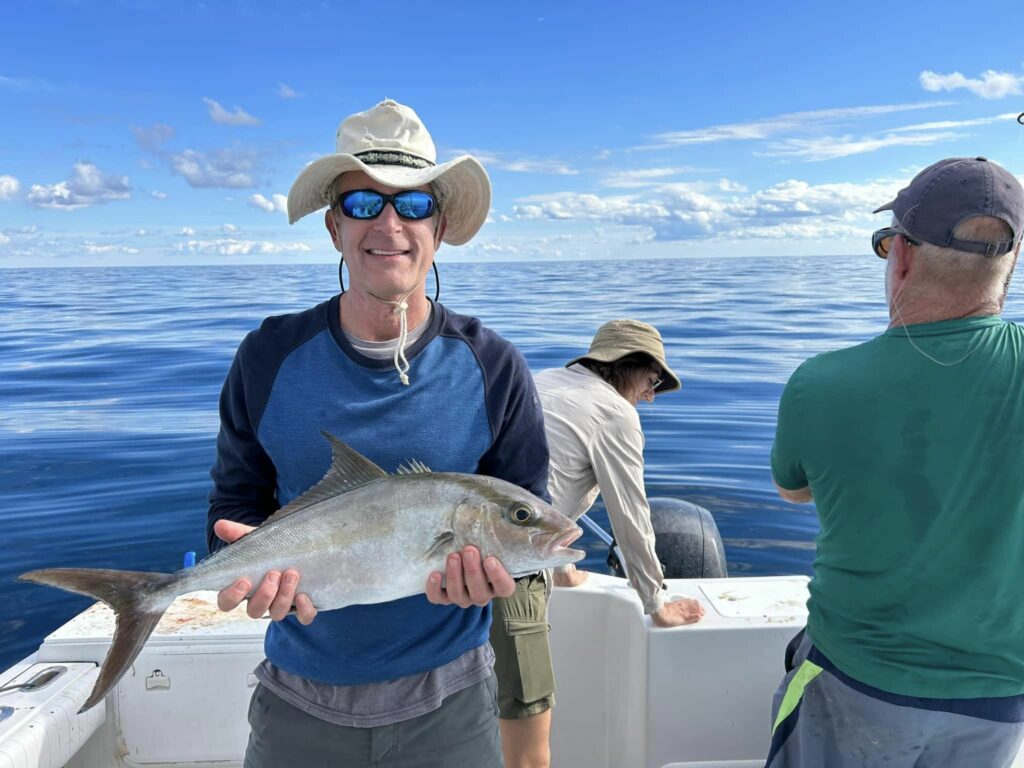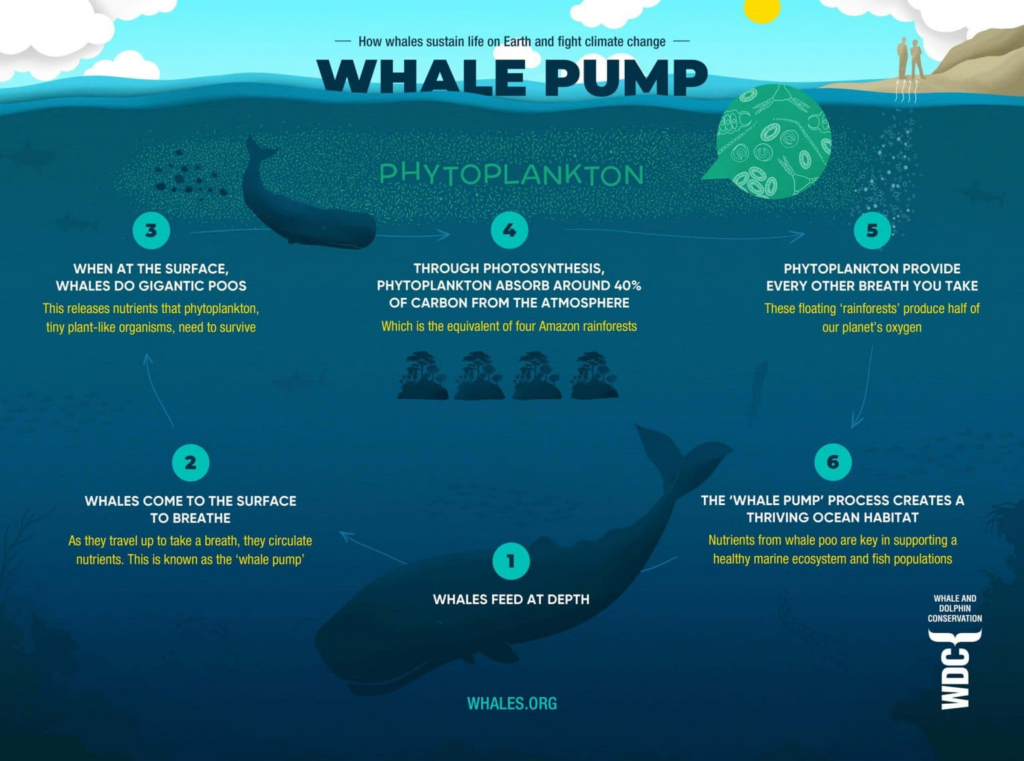On an epic trip 65 miles offshore into the Gulf of Mexico, I searched for one of the planet’s most endangered animals – the Rice’s whale, a key part of a healthy Gulf.
American conservationist, Aldo Leopold once said, “To keep every cog and wheel is the first precaution of intelligent tinkering.” Leopold said that every individual species is crucial to a functioning ecosystem and must be protected, in the same way that when a mechanic takes apart an engine, every cog and wheel must be preserved for reassembly.
I thought of this basic fact of ecosystem management while searching for the ultra-rare whales. Two recreational fishermen from Pensacola took video of Rice’s whales on one of their trips a few months ago. They graciously took me and an NPR news crew out to the same area to search for whales and to talk about how we can work to protect these magnificent animals.

We traveled from Pensacola out to the Desoto Canyon, a submarine feature where depths drop to over 3000 meters at the edge of the continental shelf. It wasn’t just the depth finder and navigation system that told us our location, but also the intense cobalt blue color of the water. This is one of the Rice’s whales’ preferred areas, and they’re not here by accident.

The whales are here for the same reasons as recreational fishermen and the tuna and marlin they’re trying to catch. The canyon supports upwelling that brings cooler, more nutrient-rich water up from the deep Gulf. This nutrient-rich water drives enhanced biological productivity and more food for both whales and fish. Many scientists also believe that the Desoto Canyon might help to insulate the whales from the noisy chaos of oil and gas drilling and ship traffic.
We didn’t see or hear any whales on this particular day, which was not surprising considering only about 50 individual whales remain. We did have a chance to do some fishing and caught reef fish that would become dinner later that night. While we explored this deep blue stretch of the Gulf and watched for whales, we spent a lot of time talking about these amazing animals, and the fishermen recounted seeing a 40 foot Rice’s whale come up for air last summer. They also talked about their desire to see the whales protected as part of the diverse mix of life in the open Gulf.

Protecting Rice’s whales is in the best interest of fishermen, as they are a vital part of this rich ocean ecosystem. The whales feed on small schooling fish hundreds of feet down, and when they return to the surface and expel waste, they redistribute nutrients that stimulate the growth of tiny plant plankton which form the foundation of the marine food chain. This enhanced nutrient productivity means more of the pelagic fish that the fishermen are seeking like tuna and marlin.

Recreational fishermen can be some of the best allies in protecting the health of the Gulf and its myriad species, including Rice’s whales. That’s because many have a deep understanding of how the varied pieces of aquatic ecosystems fit together. Their knowledge comes from years of observing the water, watching for indicators like birds and water color, and noting where and how various fish are caught. As with taking apart an outboard motor or fishing reel, ecosystems work best when we “keep every cog and wheel.” and the Rice’s whale is a very large, very critical wheel.
###
Christian Wagley is the Alabama/Florida Coastal Organizer for Healthy Gulf. Christian works to protect water quality, create a clean energy future, and improve coastal resilience in communities along the Florida panhandle and southeast Alabama.
